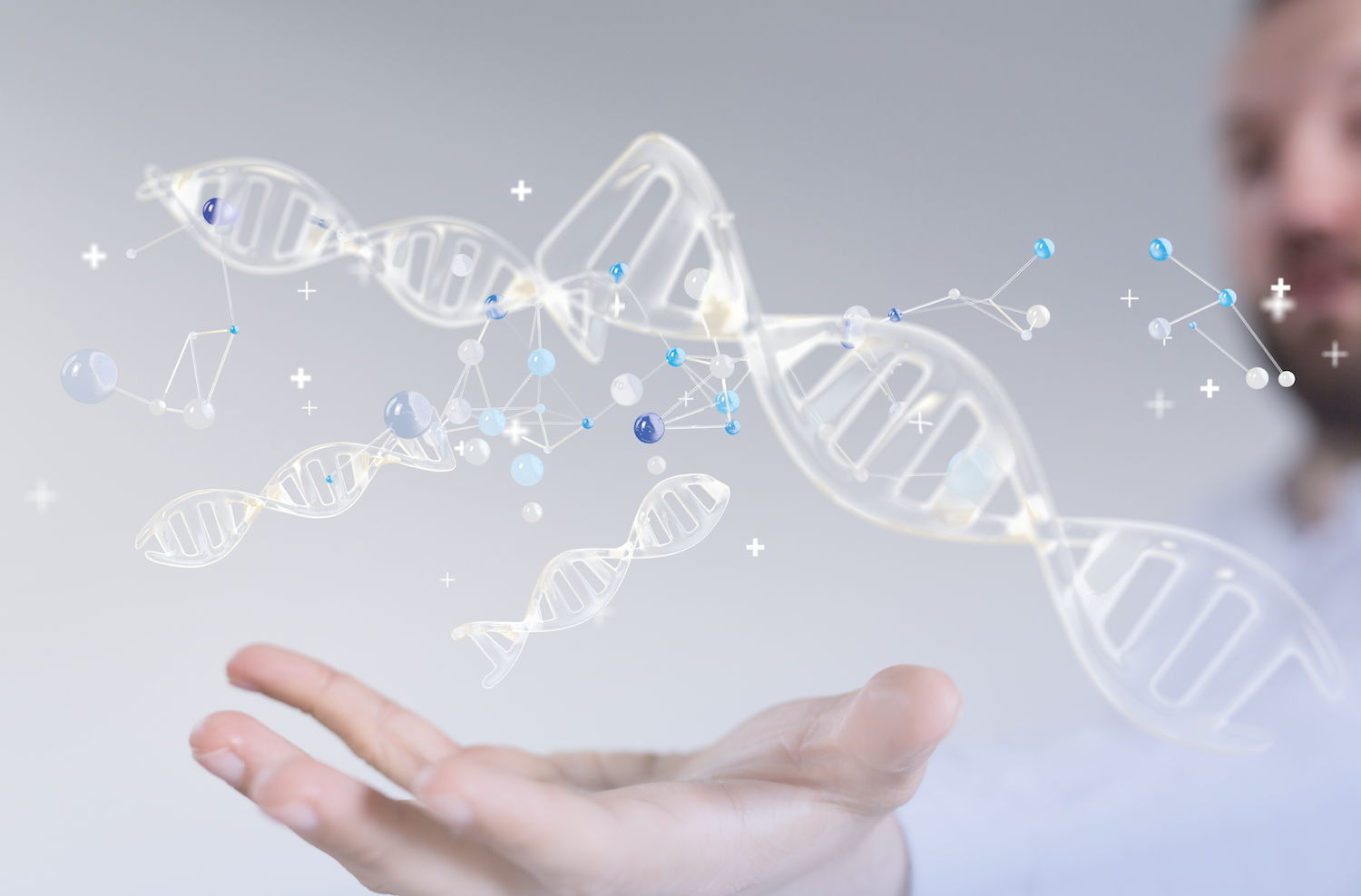
It is well-established that traumatic experiences can lead to various types of DNA modifications, both epigenetic and non-genetic, including DNA methylation, non-coding RNAs, and post-translational histone modifications. Recent evidence suggests that these modifications may be inherited by subsequent generations, even in the absence of direct exposure to the trauma. For instance, in studies involving mice, early-life stress has been shown to induce depressive-like behaviors that persist across multiple generations, with the transmission of these effects being reliant on changes in the germline (Bohacek & Mansuy , 2015).
In the case of humans, empirical evidence of such intergenerational trauma has been observed in the families of Holocaust survivors. In these families, children have exhibited a higher susceptibility to developing post-traumatic stress disorder (PTSD), as well as increased psychopathology (Yehuda et al., 2000). Increased anxiety and depression have been noted in the descendants of individuals exposed to genocide in Rwanda (Rieder & Elbert 2013). However, the underlying mechanisms of this phenomenon have not been thoroughly investigated, and clear “cause-and-effect” evidence remains lacking.
Looking ahead, these studies hold the potential to pave the way for the development of pharmaceutical and behavioral therapies aimed at assisting populations exposed to traumatic events.
We at Lifency are excited to see the future progress of this field and the opportunities it will offer!
Source:
Jawaid, A., Roszkowski, M., & Mansuy, I. M. (2018). Transgenerational epigenetics of traumatic stress. Dans Progress in Molecular Biology and Translational Science (p. 273‑298). https://doi.org/10.1016/bs.pmbts.2018.03.003
